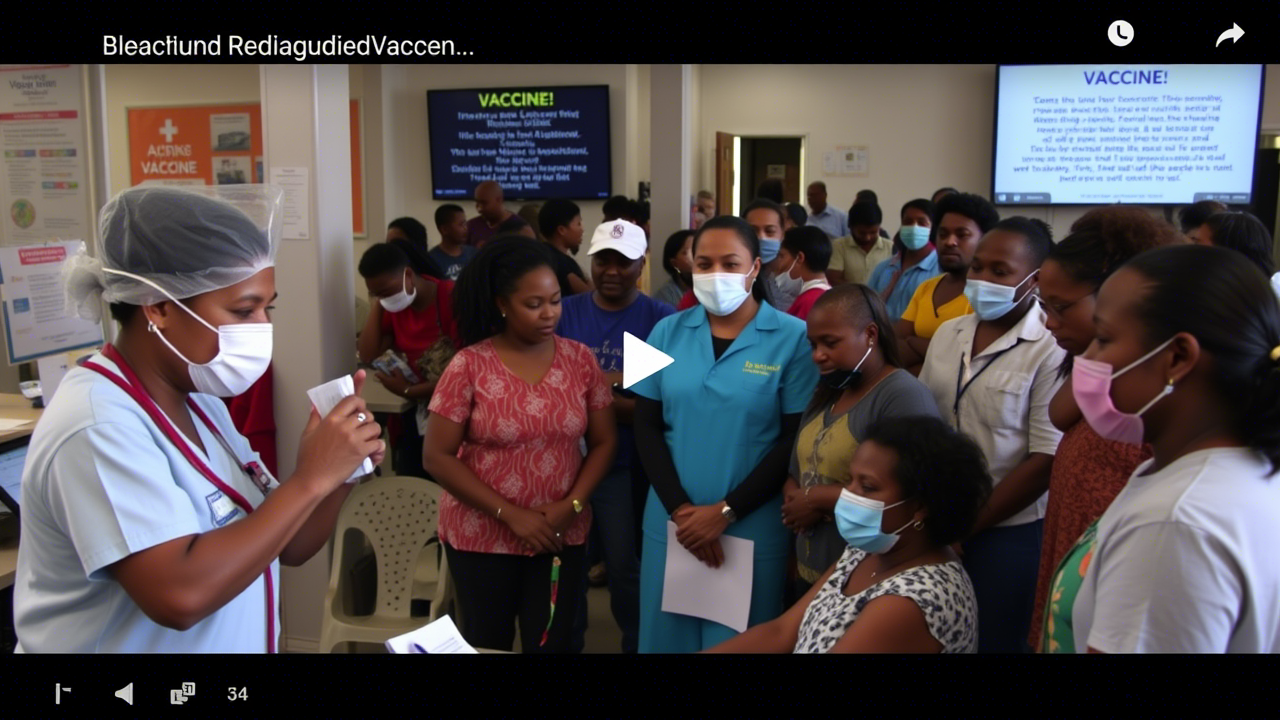In recent years, Louisiana has faced significant challenges in its vaccination campaigns, grappling with issues ranging from vaccine hesitancy to logistical hurdles. According to a report by The Guardian (read the full article here ), the state’s efforts to boost vaccination rates have been met with progress and persistent obstacles.
As public health officials work tirelessly to protect communities, understanding the nuances of Louisiana’s vaccination landscape is crucial. Let’s dive into the key factors shaping the state’s immunization initiatives, their challenges, and what lies ahead.
The State of Vaccination in Louisiana
A Mixed Picture
Louisiana has historically lagged behind national averages when it comes to vaccination rates. Factors such as limited healthcare access, socioeconomic disparities, and widespread misinformation have contributed to lower uptake of vaccines, particularly for diseases like COVID-19, influenza, and childhood immunizations.
However, recent data suggests some improvement. Public health campaigns, community outreach programs, and partnerships with local organizations have helped increase awareness and accessibility. Despite these gains, significant gaps remain.
Key Statistics
According to state health officials:
- Only 65% of eligible residents are fully vaccinated against COVID-19, compared to the national average of 75%.
- Childhood vaccination rates for diseases like measles and polio hover around 78%, below the recommended threshold of 95% to achieve herd immunity.
These numbers underscore the urgent need for targeted interventions to address ongoing barriers.
Challenges Facing Vaccination Efforts
Vaccine Hesitancy
One of the biggest hurdles in Louisiana is vaccine hesitancy, fueled by misinformation and distrust in medical institutions. Many residents cite concerns about side effects, religious beliefs, skepticism about pharmaceutical companies, and avoiding vaccines.
Public health expert Dr. Emily Carter explains, “Vaccine hesitancy is deeply rooted in historical inequities and systemic mistrust. Addressing these concerns requires culturally sensitive communication and building trust within communities.”
Logistical Barriers
Rural areas of Louisiana face unique challenges, including limited access to healthcare facilities and transportation issues. For many residents, traveling long distances to receive a vaccine is not feasible.
Additionally, staffing shortages at clinics and pharmacies have slowed vaccination drives, leaving some appointments and doses unused.
Political and Social Divides
Vaccination has become a politically polarized issue in Louisiana, with debates over mandates and personal freedoms complicating public health messaging. This division has made it harder to implement cohesive strategies across the state.
Innovative Solutions and Success Stories
Despite these challenges, Louisiana has implemented several innovative strategies to improve vaccination rates.
Community Outreach Programs
Local organizations and faith-based groups have played a pivotal role in promoting vaccines. By hosting pop-up clinics in churches, schools, and community centers, these initiatives bring vaccines directly to underserved populations.
For example, last year, a partnership between the Louisiana Department of Health and the Bayou Health Network vaccinated over 5,000 residents in rural parishes.
Leveraging Technology
Louisiana launched a statewide digital campaign to combat misinformation featuring testimonials from doctors, survivors, and community leaders. Social media platforms and text message reminders have also engaged younger audiences and provided accurate information.
Incentive Programs
Some regions introduced incentives like grocery vouchers, free transit passes, and raffle entries to encourage vaccinations. These efforts have proven effective in boosting participation, particularly among low-income households.
Broader Implications for Public Health
Louisiana’s vaccination struggles highlight more significant systemic issues affecting public health nationwide.
Lessons for Other States
The challenges faced by Louisiana—such as vaccine hesitancy and rural healthcare access—are not unique. Other states can learn from Louisiana’s successes and failures to refine their immunization strategies.
For instance, investing in community-driven solutions and addressing social determinants of health can create more equitable outcomes.
The Importance of Equity
Health equity remains a critical factor in vaccination efforts. Ensuring all individuals have access to vaccines regardless of income or location is essential for protecting entire communities.
Dr. Carter notes, “When we leave people behind, we jeopardize everyone’s health. Vaccination is not just an individual choice—it’s a collective responsibility.”
Final Thoughts: Building a Healthier Future
While Louisiana still has a long way to go in achieving optimal vaccination coverage, the state’s efforts demonstrate resilience and innovation in the face of adversity. By addressing the root causes of hesitancy and expanding access to vaccines, Louisiana can pave the way for healthier, more resilient communities.
For readers inspired by these efforts, consider supporting local health initiatives or volunteering at vaccination events. Every small action contributes to the greater good.
What are your thoughts on Louisiana’s vaccination challenges? Do you think similar strategies could work in other states? Share your insights in the comments below!

